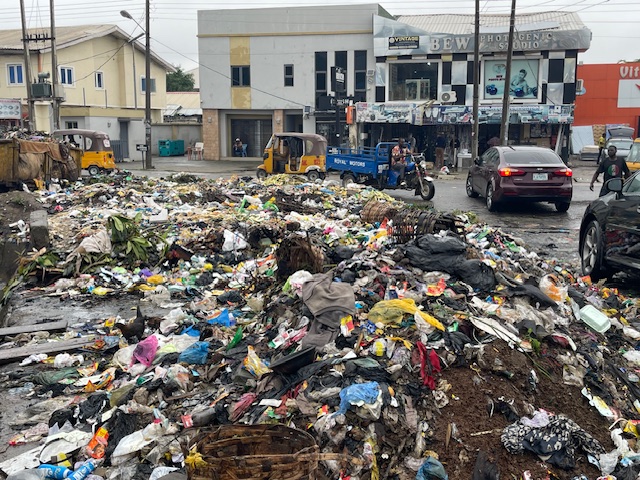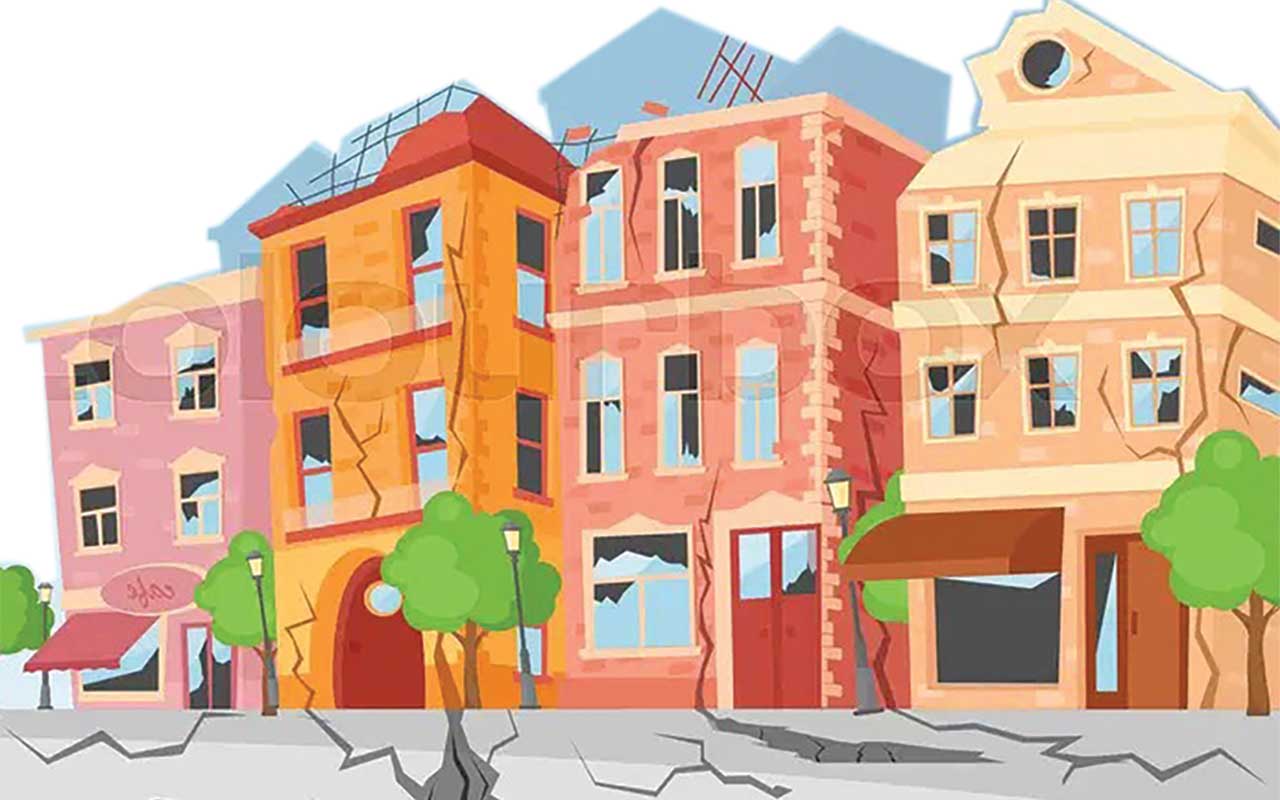
THE most noticeable feature of the history of elections in Nigeria has been that they have had reoccurring integrity challenge. The results are often unacceptable to all the parties as the electoral umpire, the Independent National Electoral Commission (INEC), seeks new ways of conducting the exercise every four years.
Despite these efforts, however, the election process comes up with different challenges ranging from late arrival of election materials to difficulties in accessing certain terrains on the day of election among others. Although there was an endorsement by international election monitors, who certified that the 2011 elections were the freest and fairest in Nigerian history, the results are still being debated in some quarters.
Some of the problems associated with the election process in Nigeria include accusations of rigging, hate language and violence. In-spite of the peaceful nature of the 2011 election, violence erupted in some states of the north, such as, Kano and Bauchi. The violence in Bauchi claimed eleven members of the National Youth Service Corps (NYSC), one of them a woman. In Kano, loss of properties was recorded.
The recent experience with electoral violence, aside from the human and property loss, is costing the nation huge funds in terms of compensation payment to victims of such violence.
The Federal government in the past two weeks has paid between N10 billion and N15 billion in post election violence compensation- money which could have been channelled into some useful development work.
President Goodluck Jonathan said at a public forum recently, that the cost of election violence was enormous, explaining that Kaduna state was paid N3 billion in post election violence compensation, because of the level of destruction in the state which almost doubled what happened in some other states. “We had earlier paid out about N5 billion or N7 billion to some other states”, he added.
To put an end to the embarrassment of election violence and use of hate language during campaigns, eminent world citizens, such as, former Secretary General of the United Nations, Dr. Kofi Anan and former Secretary General of the Commonwealth, Chief Emeka Anyaoku, among others, recently brought together all presidential candidates from all the political parties to sign the ‘Abuja Accord,’ a document committing all political parties, their candidates and supporters to a non-violence creed.
The programme hosted all the 12 presidential candidates to speeches where they committed themselves to a free and fair election devoid of violence. They also committed themselves to issue based campaign that is devoid of personal insults and threats on opponents.
Candidates of the two biggest political parties, President Goodluck Jonathan of the Peoples Democratic Party (PDP) and Gen. Muhammadu Buhari of the All Progressive Congress (APC), were also present and committed themselves to the terms of the Accord by signing the document.
Kofi Anan urged for a peaceful election stating that with the strategic position of Nigeria on the African continent, it could not afford to get it wrong. He urged all political parties to take the agreement seriously. “Aside from being the 8th largest exporter of oil, Nigeria has become a player in telecoms, agriculture and banking. She is a major contributor to UN peace keeping and is now at the UN Security Council,” he said, highlighting the economic position of Nigeria in Africa and how the continent would be affected if the elections go violent.
He called for tolerance in the election process; and pointed out the ills of the ‘winner takes all’ mentality which he said had the potential of inciting violence. He admonished the candidates to, “focus on party policies and not on individuals. Avoid inflammatory languages and don’t use ethnicity and religion to gain political sympathies. Nigeria doesn’t want to repeat the experience of Kenya where violence took them back several years. 2015 will confirm Nigeria’s progress in the eyes of the world. The stakes are high, but I know Nigeria can rise to the challenge. Nigeria’s success is Africa’s success. Nigeria has the future of Africa in its hands, make Africa proud,” he urged.
With the assurance of non-violence gotten, INEC faces other challenges one of which is the position of the Internally Displaced Persons (IDPs) in the three north eastern states of Borno, Yobe and Adamawa; and the legality of including them in the 2015 elections.
At a workshop by the Savannah Centre for Diplomacy, Democracy and Development (SCDDD) in Abuja, which brought together a National Commissioner at INEC, Professor Lai Olurode, representatives of the PDP and APC, Professor Wale Oladipo and Alhaji Lai Mohhammed respectively, stakeholders were of the view that the IDPs should not be exempted from the elections.
This wish, however, may face a hiccup as former Chief Justice of Nigeria, Justice Mohammed Lawal Uwais pointed to the legal obstacles, explaining that it would be illegal to hold elections in the IDP camps unless the Electoral Act is amended before February 14.
“When the Electoral Act was enacted in 2010, this sort of situation on IDPs was not envisaged. So there was no provision in the law on how to deal with it. The constitution is also silent, but the way to go round it is to get the National Assembly to amend the Electoral Act and make provisions that will make it possible for the IDPs to exercise their franchise. I don’t know if this is possible within the next one month. It all depends on if the National Assembly is willing, they can pass the law within two days. They will go to the President and within a day or two, he can also assent to the bill. But there is certainly a lacuna,” he said.
While there were media reports also, that INEC has insisted on conducting elections in the IDP camps, Olurode said in an interview with The Guardian that the electoral umpire will not go against the law.
“We will not act outside the law. As soon as we are through with our processes and preparations, we will subject it to legal scrutiny. We are working to see how we can ensure that IDPs are not denied their rights to vote, but we will only go ahead, as far as, the law allows us. We will, however, work with the National Assembly to ensure that we can conduct elections in the three north eastern states affected by insurgency,” he said.
With the level of insurgency in the north-eastern states and the brutality with which the sect has been killing innocent people in the past weeks, Nigerians have raised issues around the security implications of holding elections in the IDP camps.
The Director General of the Institute for Peace and Conflict Resolution (IPCR), Professor Oshita Oshita, told The Guardian in an interview that holding election in the north-east will not pose security challenge
He explained that adequate security had already been provided in the camps and INEC has the commitment to ensure additional security during the period. He noted that the fact that people can live in the camps in the first place shows the level of security available on ground.
“It’s not all of the north east that is on fire, there are places where there is peace and people are carrying on with their normal lives. The issue of holding elections in IDP camps is an issue that is sensitive and I’m happy that INEC has decided to accommodate some IDP camps. The point is that for a place to be a camp, it is already secure,” he added.
The Inspector General of Police (IGP), Suleiman Abba, said in an interview at the weekend that, over 300,000 policemen will be deployed for the elections, while the Commandant General of the National Security and Civil Defence Corps (NSCDC), Ade Abolurin, confirmed that 60,000 men and 25 sniffer dogs will be deployed. This is in-spite of Lai Mohammed’s concern over the deployment of security forces, citing his cruel experience in Osun state where he said he was manhandled by security operatives.
The main hurdle that INEC is currently facing is the issue of the distribution of the Permanent Voters’ Cards (PVCs). Olurode revealed that about 54 million cards had been printed while 40 million had been distributed, and 14 million yet uncollected. He pointed out that Nigerians are not willing to volunteer to distribute the cards because they want payment for the service.
Also, the issue of prosecuting electoral offenders is such that it is a challenge to INEC. Out of over 1,000 cases of electoral offenders in the 2011 elections, INEC has only been able to prosecute 211. The remaining almost 800 in addition to the cases that are likely to arise from the 2015 elections may, however, overwhelm the Commission. Speaking on the failure of INEC to prosecute the offenders for four years now, Olurode explained that it is because lawyers are not willing to volunteer and the cost of prosecution is high. “We end up spending more on those of them that claim to be volunteering,” he said.
Even-though the ballot boxes are already being sent to the local government areas in preparation for the polls, he raised a concern for the safety of the staff of the commission who are being attacked in various locations.
He assured that the staff are trained on how to handle physically challenged persons, old people and pregnant women who come to the polls. Already, INEC is in the process of training 750,000 ad-hoc staff that would be directly involved in conducting the polls.
In a speech delivered on his behalf by Olurode, at the SCDDD conference, INEC chairman, Attahiru Jega, stated that, “Our commission has thrown immense technology into the electoral process. We are aware of the attendant challenges and the risks that are involved. We are selective in our procurement process and we did pilot testing as much as practicable. But even at that, machines may malfunction, they can become compromised or corrupted or may completely break down. Wholesale deployment of technology into the electoral process, an end-to-end solution of a sort is ill advised.”
“Considering the progress made so far with the distribution of the PVC, its attendant challenges notwithstanding, the country cannot at this stage go back to the use of temporary voter card. This can be said to be a no-go-area.”
The Publicity Secretary of the All Progressives Congress (APC), Lai Mohammed said that the opposition demands transparency and will not accept an election outside the use of the PVC and card readers. According to him, despite the assurance on the use of permanent voter’s card, INEC should better take care of the doubt raised earlier about the possibility of machine failure. This is because the current political atmosphere suggests that Nigerians are very much interested in the polls; and the opposition is not leaving any stone unturned.
“It’s not acceptable to my party to revert to the use of temporary voter’s card. The unique advantage of the card reader is that it will only accept cards issued by INEC and those issued at the specific polling units. Use of temporary cards will give room for manipulation. Our confidence is in the card reader and we insist on the transparency of the elections,” he said.
Reacting to the number of PVCs not yet collected, Lai Mohammmed said “it’s a source of concern if 14 million people have not been able to collect their PVCs. INEC should do all it can to ensure they all collect their cards.”
However, if all the right strategies are put in place, the challenges are not insurmountable. The crucial task that INEC must ensure it does is that the use of the card readers and the PVCs are not jeopardized in any way. Only with this, can it convince Nigerians, the opposition especially, that the election process has been transparent.






